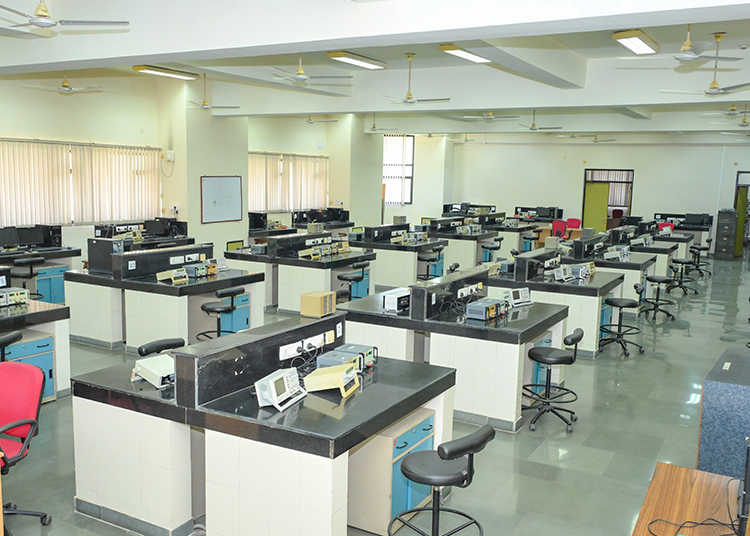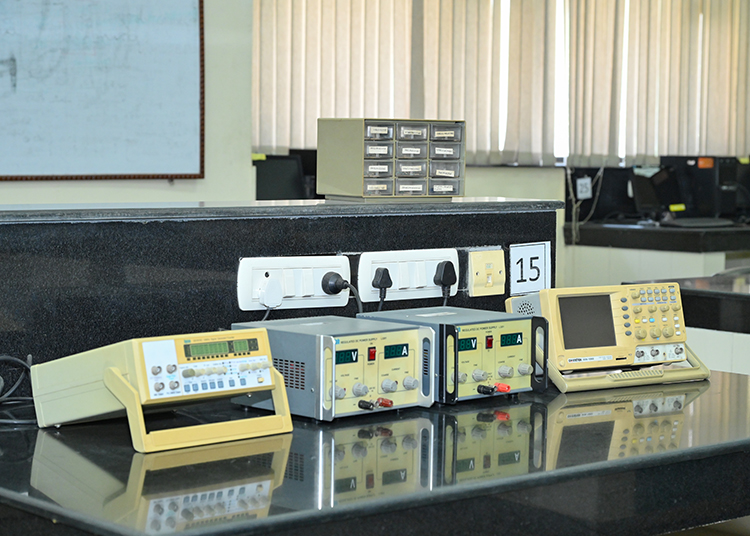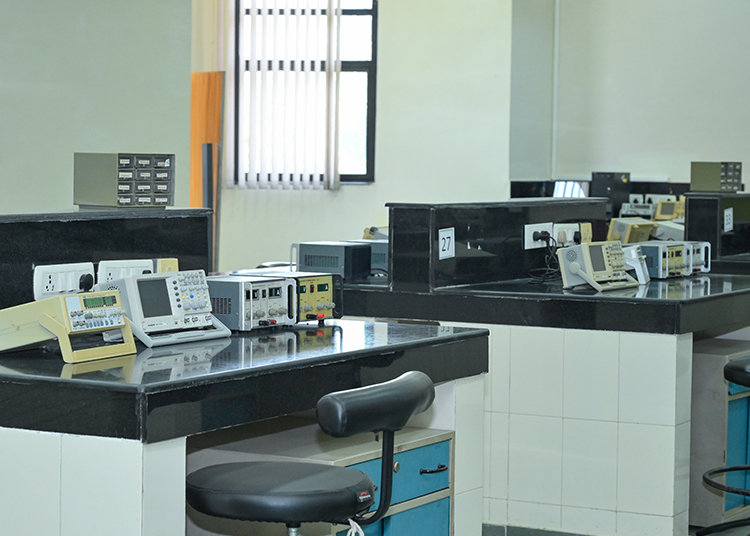About Lab
This laboratory course focuses on the experiments that led to the development of quantum mechanics including determination of fundamental constants and illustration of some of the significant modern phenomena of physics. It consists of about 15 different experiments of which at least six are compulsory.
The experiments determine some of the fundamental constants (Planck constant, e/m of electron, gravitational constant, Rydberg constant, Boltzmann constant) or quantitatively demonstrate some of the concepts (quantum analog, Single photon interference, Optical Pumping) and applications (Thermionic emission, Solar Cells) of quantum physics.
There are the experiments that illustrate applications of thermodynamics (Johnson Noise, thermoelectric effect and Peltier effect), and non-linear dynamics (chaos). The lectures consist of introduction to error analysis and essential tools of modern experiments (vacuum and low temperatures), discussion of experiments leading to quantum mechanics and a brief introduction to other experiments carried out in the
Information
- Faculty Incharge: Prof.Krishnacharya
- Lab Incharge:Dr. Upendra K. Parashar and Mr. Ramesh Prasad
- Machine/ Equipment: Thermal Deposition Systems, Four Probe Measurement setup
- Probable day and timings per week: Monday and Tuesday (2:00 PM to 5:00 PM)
Experiments
Franck-Hertz Experiment, Chaos in a diode circuit, Cavendish Experiment (G value), Electron Diffraction, Planck's Constant (Photoelectric effect), Solar Cell characteristics, e/m of electron by bar magnet, Peltier Heat pump, Single Photon Interference, Johnson and Shot Noise, Quantum Analogs in Acoustics, Optical Spectroscopy (Rydberg constant and quantum dot E-levels), Speed of Light, Coulomb's Law, Thin Film & Scanning Tunnelling Microscopy, Measurement of Dielectric Constant, Thermoelectric Effect, Vander Pauw Experiment etc.



